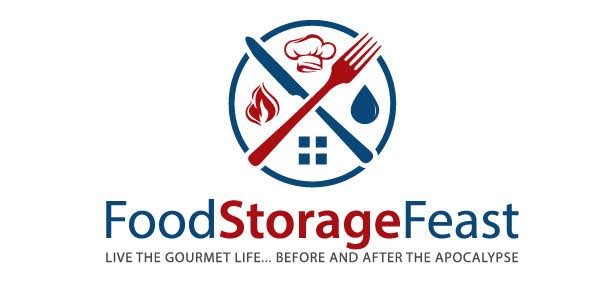Rice and beans can be a valuable source of protein during a food crisis, as they complement each other to provide essential amino acids.
Rice and beans can be a valuable source of protein during a food crisis, as they complement each other to provide essential amino acids. Here's how you can use them effectively:
1. **Combine Rice and Beans:**
- When consumed together, rice and beans form a complete protein, meaning they provide all the essential amino acids your body needs.
- Aim for a balanced ratio of rice to beans. For example, a common ratio is 2 parts rice to 1 part beans.
2. **Variety of Beans:**
- Experiment with different types of beans such as black beans, kidney beans, pinto beans, lentils, or chickpeas. Each type offers a slightly different nutrient profile.
3. **Storage:**
- Stock up on dried rice and beans since they have a long shelf life. Properly stored, they can last for years.
4. **Cooking Methods:**
- **Boiling:** Cook rice and beans together in a large pot with water. Add seasonings like salt, pepper, and any available spices to enhance the flavor.
- **One-Pot Meals:** Create one-pot meals by combining rice, beans, and other available ingredients like vegetables or canned tomatoes.
- **Slow Cooking:** Use a slow cooker if you have one. This is a convenient way to prepare rice and beans with minimal effort.
5. **Supplement with Other Nutrients:**
- While rice and beans provide a good protein base, try to supplement your diet with other nutrients. If possible, add canned vegetables, dried fruits, or vitamin supplements to ensure a more balanced diet.
6. **Food Preservation:**
- Consider preserving excess rice and beans through drying or canning if you have the resources. This can help extend their shelf life.
7. **Community Sharing:**
- Coordinate with your community or neighbors to share resources and create diverse meals. This can help ensure that everyone gets a variety of nutrients.
8. **Reuse Leftovers:**
- Be mindful of not wasting any leftovers. You can use them creatively in other meals or snacks.
9. **Water Usage:**
- Save water when cooking by reusing it for other purposes, such as watering plants or cleaning.
10. **Educate Yourself:**
- Learn about the nutritional content of rice and beans and how they contribute to a healthy diet. This knowledge will help you make informed decisions about your food intake during a crisis.
Remember that in a food crisis, resourcefulness and creativity are key. Making the most out of what you have, sharing with others, and being mindful of waste can help you navigate challenging situations.
